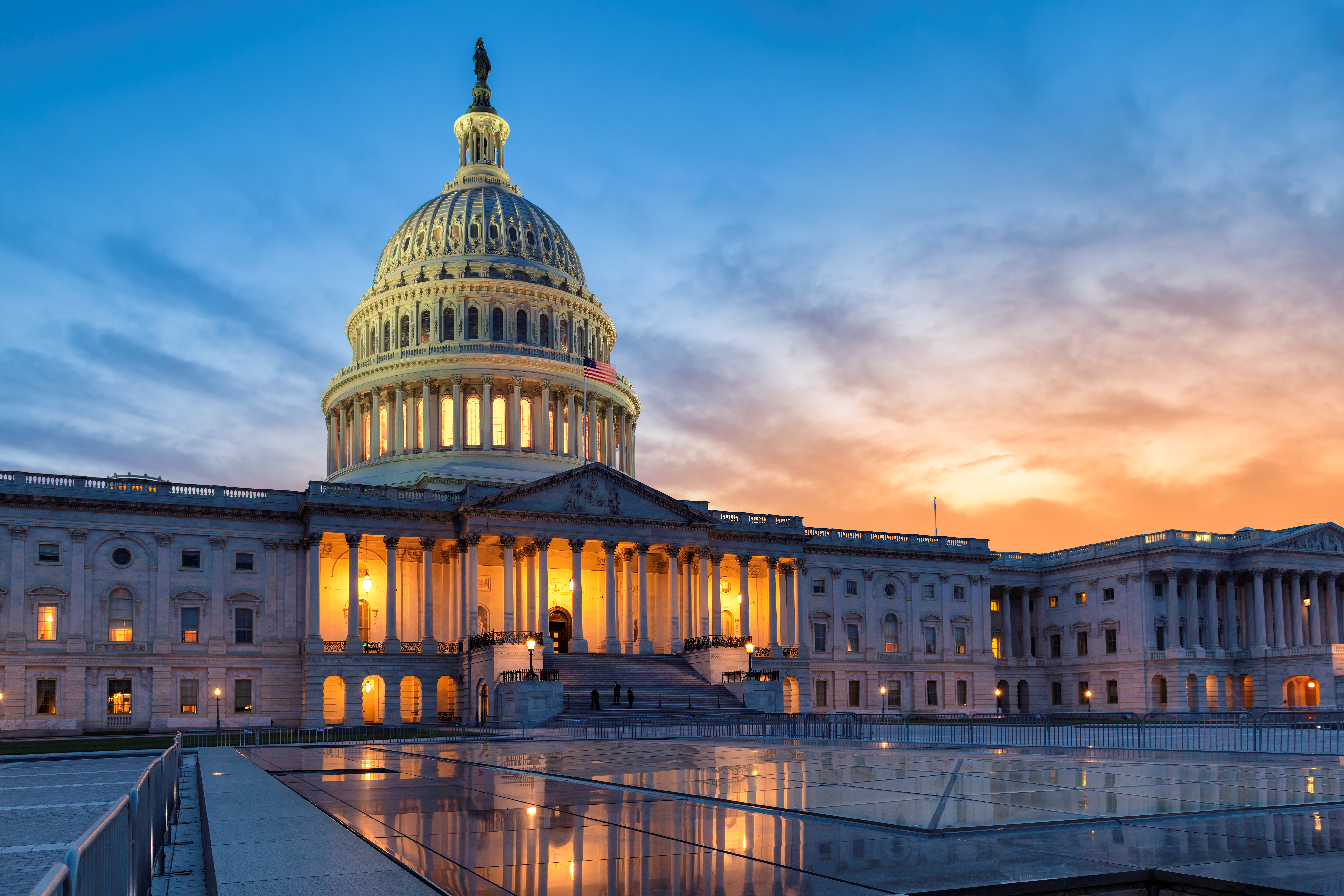The following is an excerpt from our Saturday email, which includes our musings on the latest developments impacting public employees, links to that week’s labor news, and a collection of whimsical reads for your weekend. If you’d like to receive our weekly email, you can use the sign-up form at the bottom of this page. We promise to respect your inbox, and we will never share your email address.
This week, I attended a hearing of the U.S. House Committee on Education and the Workforce for the Subcommittee on Health, Employment, Labor, and Pensions titled, “Big Labor Lies: Exposing Union Tactics to Undermine Free and Fair Elections.”
It was the first Congressional hearing I have ever attended, and I highly recommend seeing our government in action if you’re ever in DC when a hearing is scheduled. I have attended many legislative hearings in different states and was interested to hear both the expert testimony as well as to see how the hearing was conducted.
The most striking thing – but I suppose not surprising – was the extreme partisan nature of the hearing. While members from both sides of the aisle asked questions, the questions seemed to only justify their own politics and not to gain any information.
One of the witnesses testifying, Michael Alcorn, is a long-time employee at Trader Joe’s. His store in Hadley, Massachusetts began unionizing in 2022. His testimony outlined his experience with the union and how he was treated by his colleagues when he asked questions about the unionization process.
As I knew this witness was testifying for the Republicans, I was anticipating the questions from Democrats would focus on how Congress could help make union elections fairer for employees. I assumed they hadn’t heard a story like Mr. Alcorn’s and would want to ask him questions. Perhaps I am politically naïve, but I was genuinely shocked when none of them did.
I thought about why they might not want to dig down into the process of union elections, and our Where Do Your Dues Go research series immediately came to mind. From this research, I know that unions give the majority of their political donations to Democrats, but I had never really given thought to how the individual elected officials might have gained from increased union organizing.
As pro-union lawmakers lobbed soft questions at a witness who formerly worked for the nation’s largest union, I went to Google to do some research.
Open Secrets, revealed one of the members defending the unions’ elections, Representative Jahana Hayes, has accepted $46,275 from the SEIU and $40,000 from the AFT. Additionally, Representative Donald Norcross admitted to being a union SALT during the hearing and has accepted $693,399 from the building and trade unions.
Neither of these members seemed to want to hear more about Mr. Alcorn and his experience with what he felt was an unfair union election. It makes me wonder how both sides of the aisle of Congress can fairly advocate for workers if unions are funding the campaigns of many elected officials.
I’m glad AFFT is pulling back the curtain on how unions and politicians work together to maintain the status quo. Thankfully, we have a growing network of supporters who want to help workers hold their unions and politicians accountable.
To learn more about where union dues go, visit: https://americansforfairtreatment.org/where-do-your-union-dues-go/
